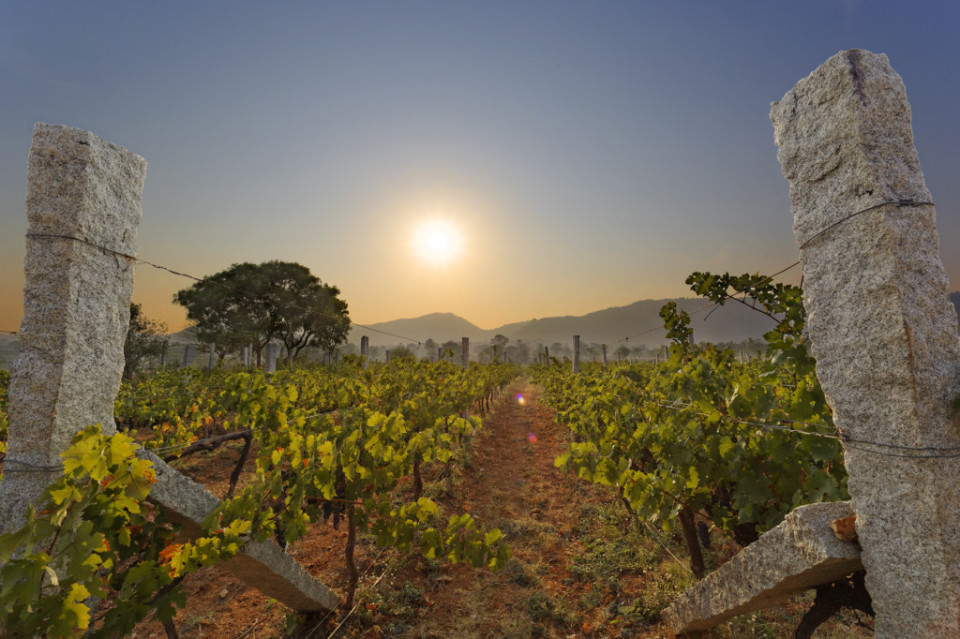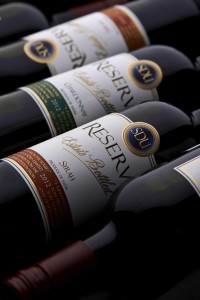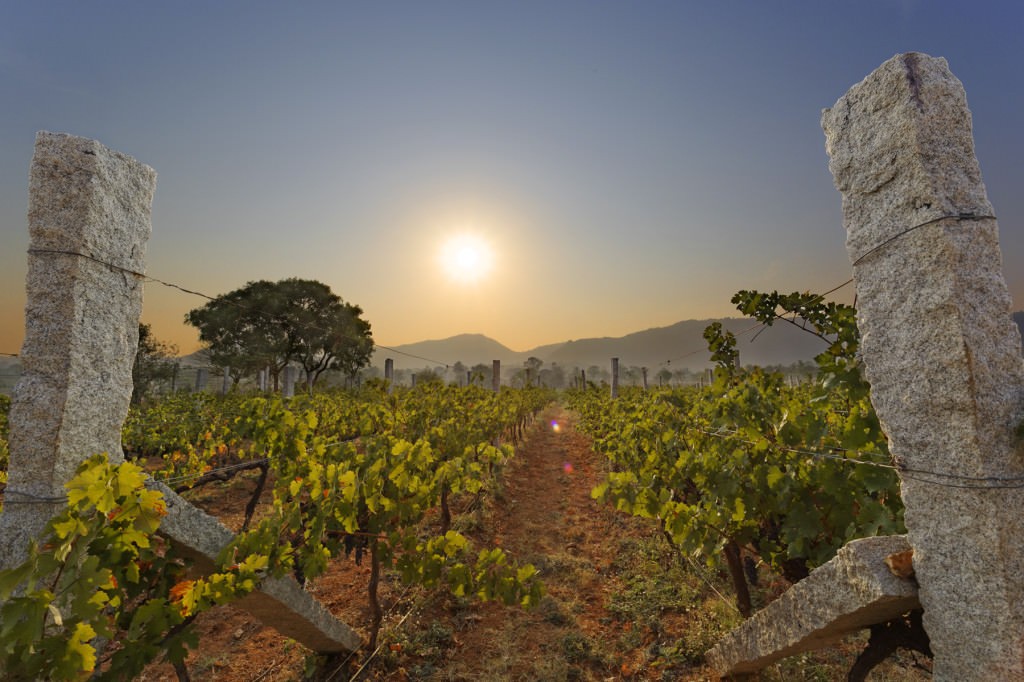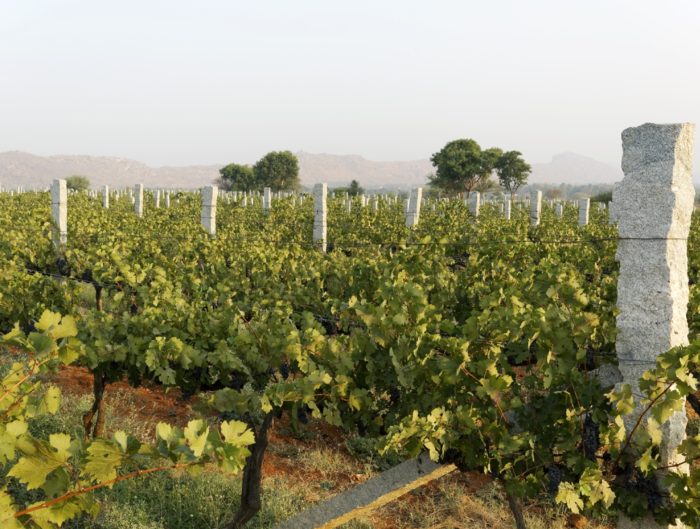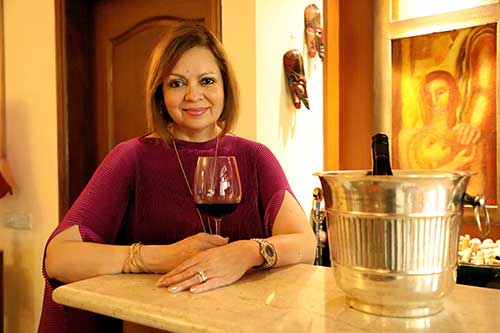Winning a competition is always fun. More fun when you can beat guys bigger and older than you, right? So that’s the kind of feeling that overwhelmed SDU winery, when after Mumbai Wine Club’s all-Indian competition, Selection of India’s Finest Wines, a fortnight ago, eight Indian wine experts voted their Reserva Syrah 2012 India’s best wine. The cherry on the cake was that the young boutique winery scooped up 3 more wins in India’s Top 25: their Reserva Chardonnay 2012 came in at seventh place, and two of their entry level Deva brands, the Cabernet Sauvignon and Chardonnay, came in at numbers 16 and 19. A total of 83 wines were tasted in a two-day exercise at Mumbai’s Royal Bombay Yacht Club.
SDU Winery is just two years old: they launched their Deva brand in 2012 and added three Reserva wines some time ago. So that makes the victory even sweeter, says SDU business head Mohit Nischol. Their visiting Italian winemaker, Andrea Valentinuzzi is thrilled as well, he adds. “We sent six wines, three from our Deva range, and three Reservas. I was always confident they would do well, that SDU would go places, but we didn’t expect to win!” The company is owned by Bangalore-based Shaambhavi Hingorani.
SDU’s Deva wines are meant to be pocket friendly (Rs 500 or $8),
made in an easy drinking style. Their recently launched Reserva range – oak aged Chardonnay, Syrah and Cabernet Sauvignon, impressed me (particularly the first two) when I tasted them at the Bangalore Wine Club’s Indian Wine Village a few months ago. “These wines are for drinkers who know their wines, and are ready to spend a little more,” adds Nischol. The Reservas are priced at Rs 800-900 ($13-14).
What makes this victory more laudable was that they beat the established big names in the Indian wine industry. SDU’s imports its bottles, screwcaps and labels from Italy, but the label design is done in-house, keeping the look wholly Indian. “There has been no compromise, anywhere,” says Nischol. It helps that Valentinuzzi, their winemaker, is “pretty chilled” and accepts feedback, good or bad. SDU made 10,000 cases of wine in 2014, of which 30% were the Reservas.
I asked Hingorani about her decision to turn her vineyards, already selling quality grapes to Indian wine companies, into her own winemaking business. “I’ve always been an agriculturist,” she replied, “Along the line, I got the feeling that my grapes of quality were perhaps lost on my buyers. People would suggest that I start making my own wine. One day I thought to myself, why not? Let’s take it to the next level.” Now with recognition under their belt, SDU are ready to push things up a notch, even as they are quite aware that quality and consistency are of prime importance.
“Our first export shipment to Nepal is out,” says Nischol, “Our second shipment is to Singapore and Thailand.” Here’s where winning awards helps, he acknowledges. “There’s so much available in the wine market, that winning a competition helps our cause.” Future wine competitions are already being targeted, including the International Wine Challenge in London in 2015.
Wine consultant Alok Chandra, one of the jury members of the competition, believes that Indian wine competitions are essential for the burgeoning market. “People are looking for information as the number of wines available on the shelves are increasing. This is one way to cut through it all and settle on the best.”
SDU wines are currently available in Karnataka, Goa and Pondicherry, and will soon be launched in Delhi, Andhra Pradesh and Telengana.

